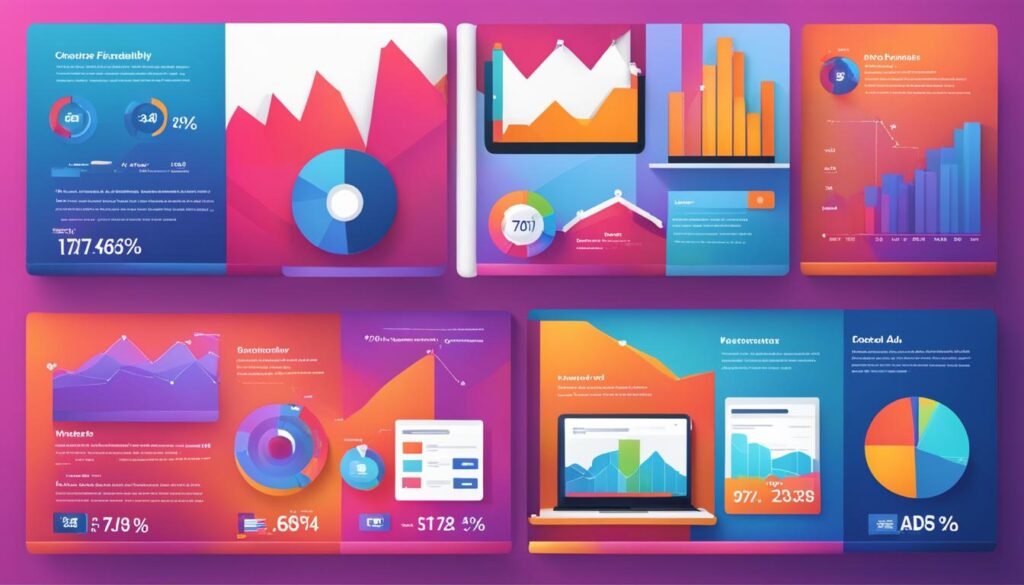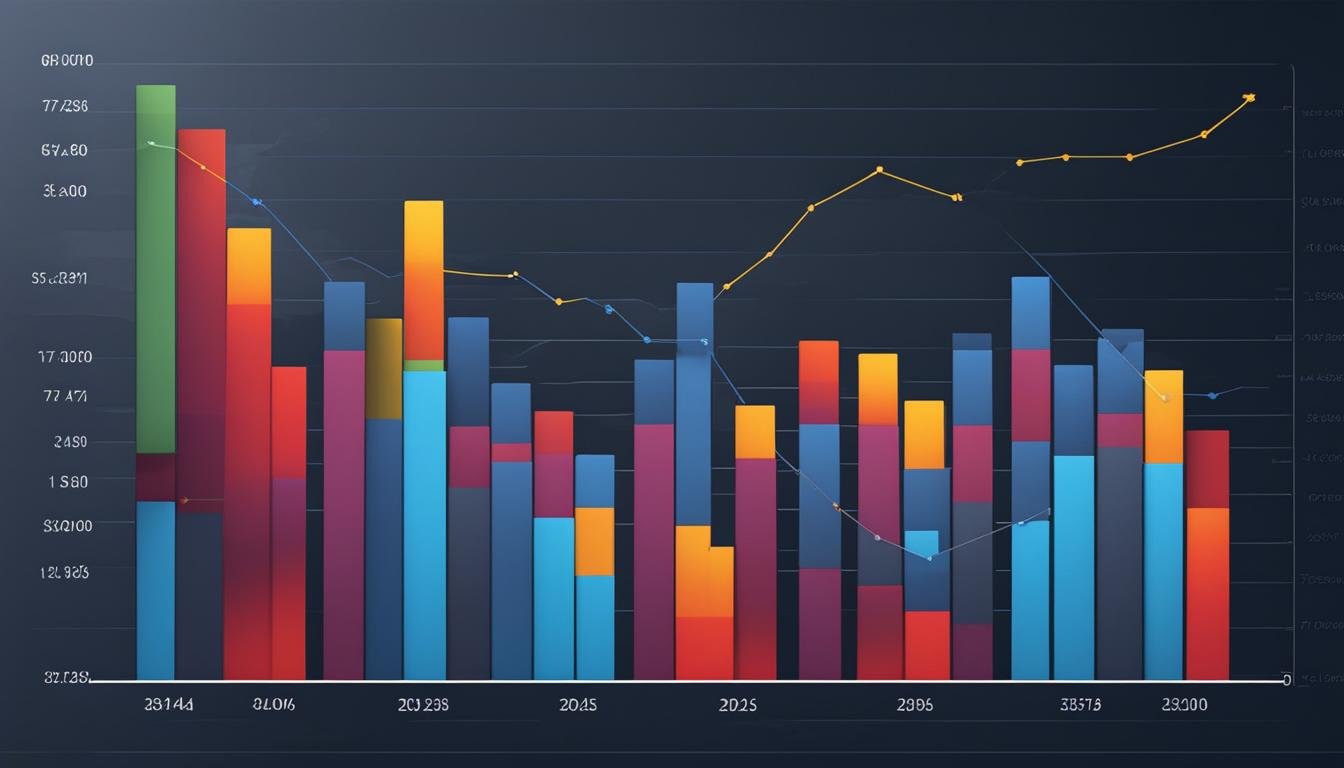Are you looking to take your business to the next level and reach a wider audience? Look no further than Facebook ads. With over 2.6 billion users, Facebook is not only a social media giant but also a powerful advertising platform that can help you drive profitable results for your business.
But running successful Facebook ads requires more than just setting up a campaign and hoping for the best. To get the most out of your Facebook ads, you need to follow best practices and implement strategies that are proven to maximize your ROI.
In this article, we will explore the key best practices for running profitable Facebook ads for your business. From understanding your goals and objectives to utilizing Facebook remarketing and monitoring ad performance, we have you covered.
So, let’s dive in and discover how you can harness the power of Facebook advertising to grow your business and increase your revenue.
Understand Your Goals and Objectives
When it comes to Facebook marketing strategies, understanding your goals and objectives is crucial for running effective campaigns. By clearly defining your objectives, you can optimize your Facebook ads and generate valuable leads for your business.
Facebook provides a variety of campaign goals that you can choose from based on your specific needs. Whether you want to increase brand awareness, generate leads, drive website traffic, promote video views, engage with messages, or encourage app installs, Facebook offers options to suit your objectives.
To target the right audience, it’s important to consider specific demographics such as location, age, gender, and interests. By refining your targeting parameters, you can ensure that your ads reach the audience most likely to be interested in your products or services.
One effective strategy for optimizing Facebook ads is by focusing on landing page views. By optimizing your ads to drive users to visit your website, you can gather valuable retargeting data and engage with users who have shown interest in your business.
Understanding your goals and objectives is the foundation for creating successful Facebook marketing campaigns. By leveraging the platform’s targeting options and optimizing for lead generation, you can maximize the effectiveness of your ads and achieve the desired results.

Use Facebook Remarketing
Reach your target audience and boost your conversion rate with Facebook remarketing. By leveraging the power of Facebook Pixel, you can retarget users who have interacted with your brand or visited your website, presenting them with relevant ads on Facebook. This strategic approach helps increase conversions while reducing the cost per customer acquisition, ultimately maximizing your ROI.
With Facebook remarketing, you can target users who have previously visited your website but haven’t made a purchase. By showing them tailored ads, you can nudge them towards completing their desired action. Additionally, you can retarget users who have already made a purchase, ensuring they remain engaged with your brand and encouraging repeat business.
Remarketing on Facebook allows you to effectively reach potential customers who have shown interest in your products or services but haven’t made a purchase yet. By creating customized ads specifically for this audience, you can capture their attention and drive conversions.
To implement Facebook remarketing, simply place the Facebook Pixel codes on your website. This code allows you to track user behavior and gather valuable insights. By analyzing this data, you can create highly targeted ads that resonate with your audience.
Including compelling visuals in your remarketing ads can also greatly enhance their effectiveness. Craft eye-catching imagery that represents your brand and entices users to engage with your ads. By combining engaging visuals and personalized messaging, you can create a powerful remarketing campaign that drives conversions and boosts your business.
Monitoring Your Facebook Ad Performance
Effective monitoring of your Facebook ad performance is crucial to ensuring optimal results. With over 1.79 billion daily users on Facebook, it’s important to continuously manage and adjust your campaigns to maximize their potential. By utilizing the Ads Manager, you can gain valuable insights into the performance of your ads and make data-driven decisions to enhance their effectiveness.
Within the Ads Manager, you’ll find an overview of all your campaigns, including key metrics such as daily spend, click-through rates, and engagements. This comprehensive view allows you to assess the performance of your ads in real-time and make any necessary adjustments to optimize your campaigns.
One way to measure the effectiveness of your ads is by checking audience outcomes. Understanding how your ads are resonating with your target audience can provide valuable insights into their preferences and behaviors. By tracking sales and conversions, you can evaluate how your ads are directly impacting your business goals and make informed decisions about future campaign strategies.
The “Breakdown” feature in Ad Manager offers a powerful tool for analyzing campaign performance across various categories. You can delve deeper into data and evaluate the success of your ads based on different variables such as action, delivery, and time. This granular level of analysis allows you to identify trends, patterns, and areas for improvement, giving you the ability to refine your campaigns for optimal results.

By closely monitoring the performance of your Facebook ads, you can identify what is working well and what may need adjustment. This data-driven approach empowers you to respond proactively and adjust your campaigns accordingly. Whether it’s fine-tuning your targeting, adjusting ad placement, or reallocating budgets, monitoring your ad performance ensures that you are making informed decisions to optimize your ads and maximize their impact.
Remember, the key to success lies in continuous monitoring, analysis, and adjustment. By actively managing your campaigns and leveraging the insights provided by Facebook’s Ads Manager, you can improve your Facebook ad performance and drive better results for your business.
Write Great Facebook Ads that Convert
Good copywriting is essential when it comes to creating Facebook ads that convert. While images play a significant role, it’s the copy that persuades and guides users to take the desired action.
When crafting Facebook ads, it is crucial to target a specific audience and write in a way that resonates with them. Imagine you are speaking directly to one person and use simple language that is easy to understand.
Clearly communicate the value and benefits of your products or services, focusing on how they can help the users. Keep your ads concise, leading with the value you offer to capture attention quickly.
One important element of a compelling Facebook ad is a clear call-to-action. Provide users with a specific action to take, such as “Shop Now,” “Sign-Up Today,” or “Learn More.” This guides users on what to do next and encourages them to engage with your ad.
To create a cohesive and effective message, ensure your copy aligns with the visual elements of your ad. The text and images should complement each other, working together to convey your message clearly and persuasively.
Remember, the goal is to capture the attention of your target audience, spark their interest, and entice them to take action. With well-crafted copy and a compelling call-to-action, you can create Facebook ads that convert and drive valuable results for your business.
Conclusion
Optimizing your Facebook ads is crucial for maximizing your return on investment and driving profitable results. By implementing expert tips and best practices, you can enhance the performance of your campaigns and reach your advertising goals.
Start by setting up a healthy advertising account and installing the Meta Pixel for accurate tracking and retargeting. Utilize Google Tag Manager for efficient data collection and consolidate your conversions for a comprehensive view of your campaign’s success.
Choose the right bidding strategy based on your objectives and expand your audience interests to target a wider range of potential customers. Don’t forget to tap into your competitors’ audiences and leverage automation to streamline your ad management.
Remember to target users at every stage of the funnel and abide by Facebook’s advertising policies to ensure compliance. Lastly, closely monitor your ad performance using tools like Ads Manager, and continuously test and refine your strategies to optimize your Facebook ad campaigns.
By following these expert tips and implementing these strategies, you can effectively optimize your Facebook ads, maximize your ROI, and drive profitable results for your business.


